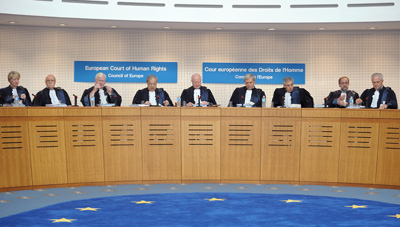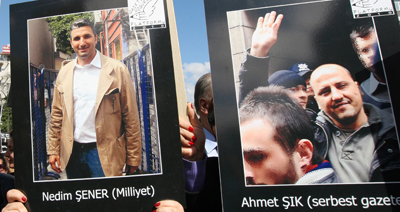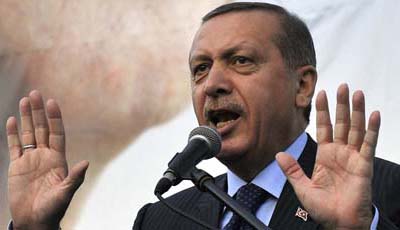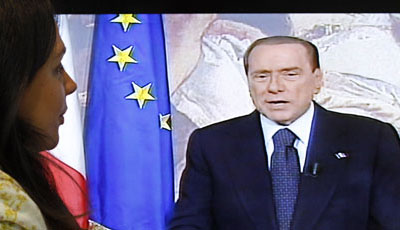Turkey
2012

Defending the European Court of Human Rights
The European Court of Human Rights is a victim of its success. In 2011, more than 60,000 people sought its help after exhausting all judicial remedies before national courts. But now, some member states of the Strasbourg-based Council of Europe are pushing for reforms of the prestigious institution and are pointing at the number of…

Investigation, threats against freed Turkish journalists
New York, March 22, 2012–Turkish authorities must immediately dismiss the new criminal investigation against journalist Ahmet Şık and should thoroughly investigate threats made against Şık and investigative journalist Nedim Şener, the Committee to Protect Journalists said today.
Turkey releases journalists, grave concerns remain
New York, March 12, 2012–The release of Turkish journalists Nedim Şener, Ahmet Şık, Muhammet Sait Çakır, and Coşkun Musluk, who are among dozens of journalists imprisoned in Turkey for alleged participation in a purported antistate plot known as Ergenekon, is a welcome development, the Committee to Protect Journalists said today.

The global impact of EU media policies
The state of press freedom inside the European Union has a significant effect on press freedom outside the EU. That was the message that CPJ Senior European Adviser Jean-Paul Marthoz and I delivered this week when Brussels’ leading think tank, the European Policy Center (EPC), hosted us for a policy dialogue marking the launch of…
Attacks on Zaman test EU-Turkey ties
Last week, suspected supporters of the Kurdistan Workers’ Party (PKK), an armed group listed as a terrorist organization by the European Union and the United States, took their confrontation with the Turkish state to Western Europe, attacking the French and German offices of one of Turkey’s most influential newspapers, Zaman.

Attacks on the Press in 2011: Turkey’s Legal Problem
With the aid of anachronistic legislation and a rigid judiciary, Turkish officials and politicians have curbed free expression by subjecting journalists to endless court proceedings and legal costs. The EU and the U.S. are no help. By Robert Mahoney >> Türkçe
Attacks on the Press in 2011: Iran’s Vast Diaspora
Journalists who have fled Iran to avoid prison face a tense and lengthy process toward resettlement, an uncertain financial and professional future, and most of all, fear that the Iranian government will catch up with them. By María Salazar-Ferro and Sheryl A. Mendez >> فارسي
